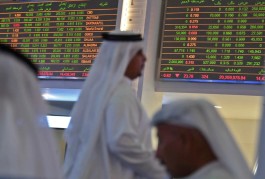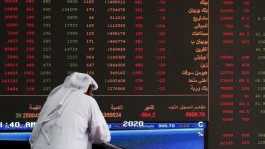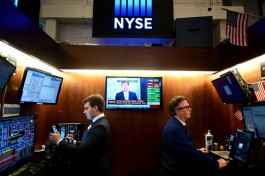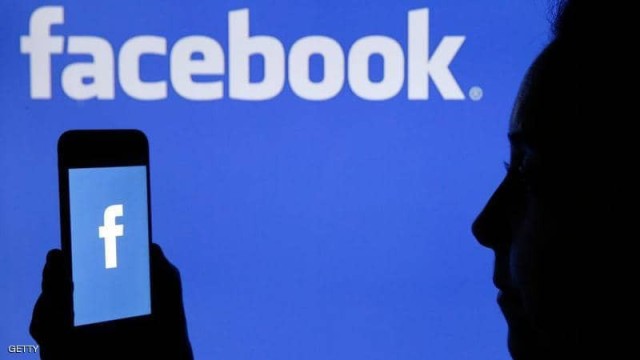US stocks fell at the close on Monday, after the sell-off in technology shares due to the continuing threat of high inflation and the downfall of Facebook, Instagram and WhatsApp.
According to Arab Net, the S&P 500 is down 1.3% - back below the 100-day average - while the Nasdaq 100 is down 2.2% and the Dow is down Jones Industrial Average 0.9%.
High-growth technology companies - including Amazon and Facebook - led losses, while vaccine makers also fell after Merck & Co. About an effective drug for the Corona virus. Meanwhile, shares of energy companies rose along with oil prices.
Facebook's value fell by 4.9% due to the disruption of the site's services, while Twitter's stock fell 5.79%, while Amazon's stock declined by 2.85%.
Deutsche Bank strategist Jim Reed said in a note there is a wall of concern that markets are trying to climb right now. Higher inflation, signs of weak growth, and lots of talk of stagflation.
Global markets have taken a risky turn amid a growing list of concerns, just as investors were preparing for the Federal Reserve's start of stimulus cuts early next month. High rates of inflation and Treasury yields make premium investors paying for high-growth stocks less attractive. Earnings risk may also be higher for some technology companies.
Tech stocks are likely to be hit the hardest because higher interest rates mean higher discount rates for future earnings, said Brian Price, head of investment management at Commonwealth Financial Network. That this dynamic continues as long as inflation expectations remain at the upper limit.
Fears of a spreading energy crisis added to inflation concerns on Monday as energy and gas prices rose in Europe ahead of the onset of winter. The November electricity contract in Germany hit a record while natural gas futures continued to rise. Meanwhile, New York crude oil rose to its highest level since 2014 as OPEC+ agreed to increase production for November.
Fiona Cincotta, chief financial markets analyst at City Index, said the post-pandemic recovery appears to be faltering; Shortage of supplies and a worsening energy crisis mean that prices are rising and that high inflation may not be as temporary as the Fed initially thought.







































